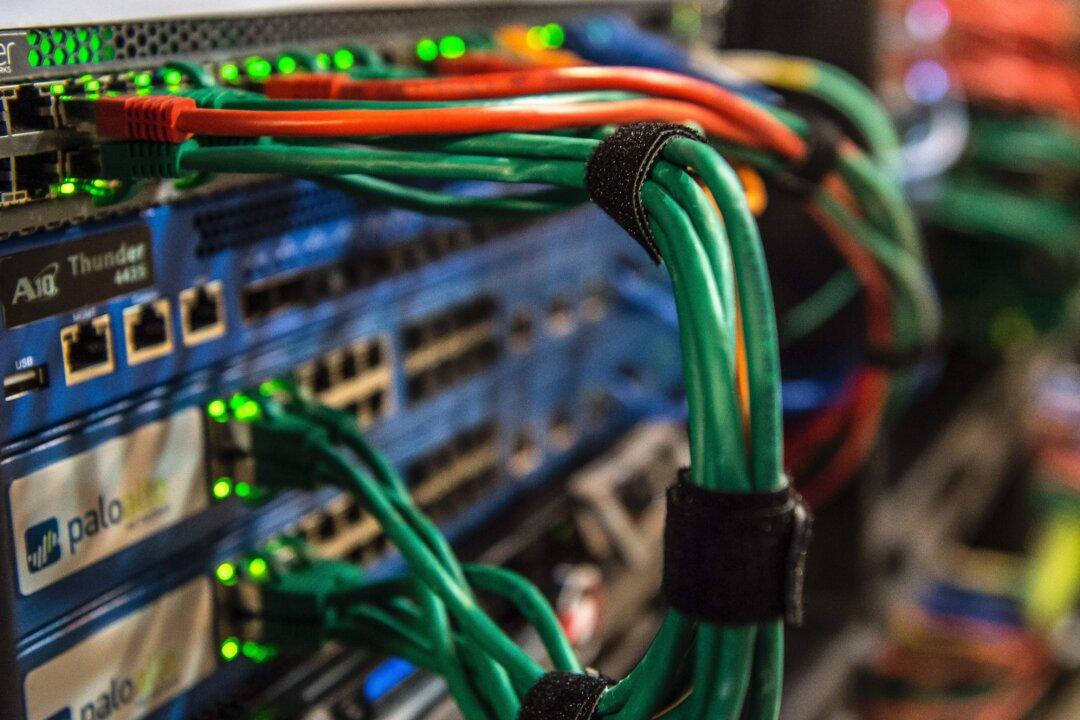The massive breach suffered by credit rating firm Equifax Inc. earlier this month has been a boon to investors in cybersecurity stocks.
The Equifax hack, which compromised the personal data of more than 140 million Americans, was the latest in a string of hacks affecting major companies in recent years, underscoring the need for companies to bolster cybersecurity defenses.





